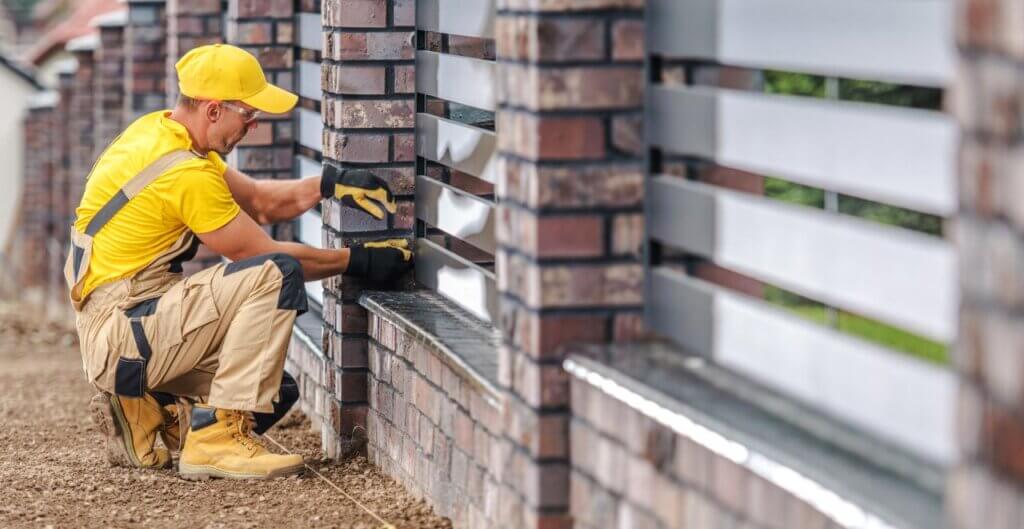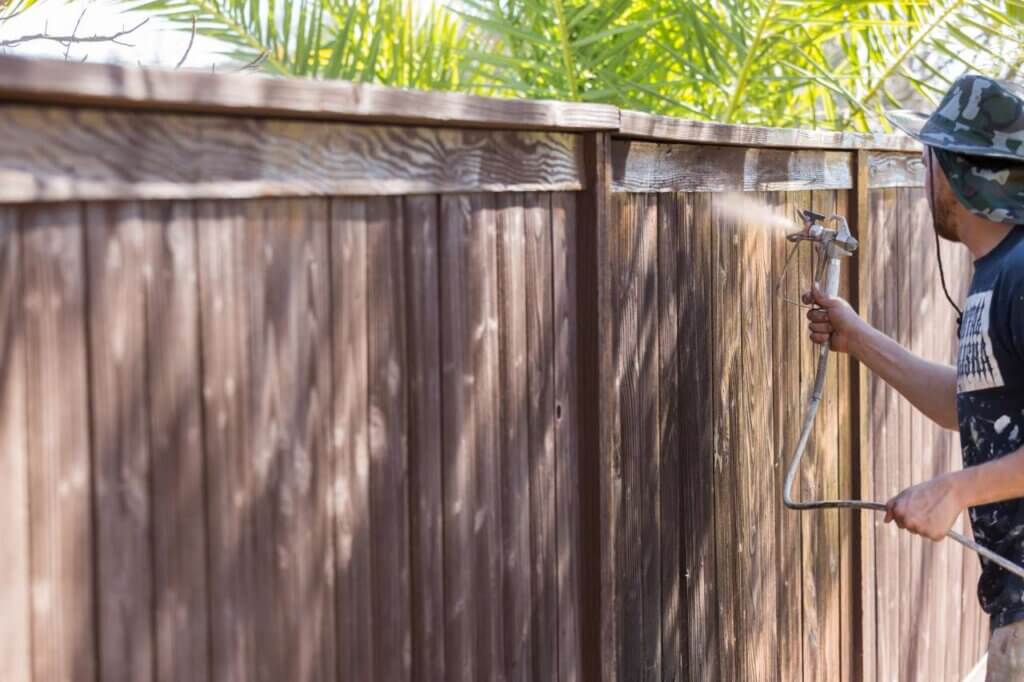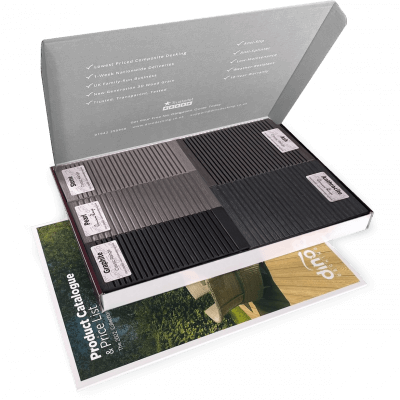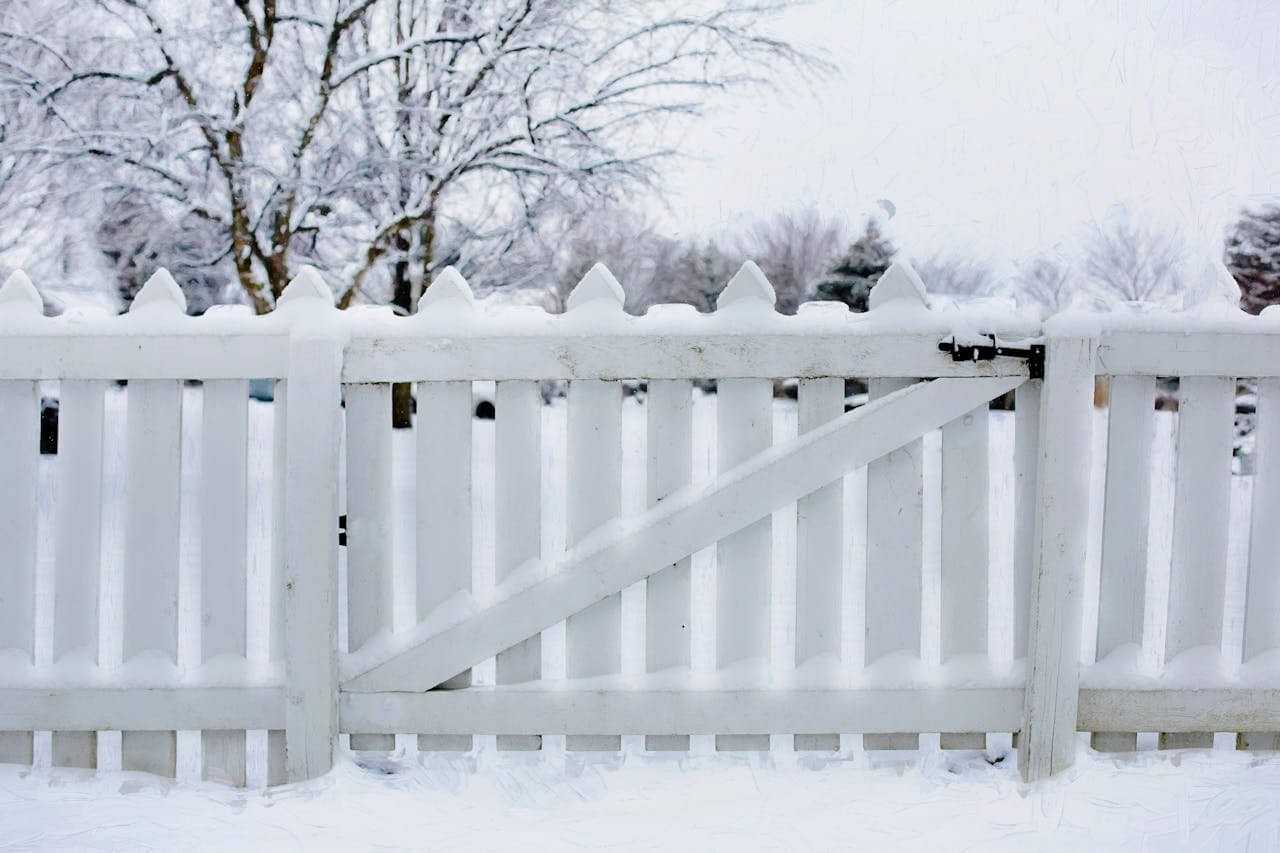
Do You Need Planning Permission for Cladding?
If you’re considering installing cladding on your home or in the garden, you’ve probably asked the question, ‘Do you need
Products in Stock
Lowest Prices
Express Delivery
10-Year Warranty
December Sale. Up To 15% Off.

Let’s face it, maintaining your fence isn’t exactly the most thrilling way to spend a weekend. But if you want your fence to stand the test of time (and weather), a little TLC goes a long way. Whether you’ve got a classic wooden picket fence, a sleek metal number, or a modern composite fence, we’ve got you covered with this comprehensive guide to fence maintenance.
Before we dive in, let’s clarify what we mean by fence maintenance. It’s not just about giving your fence a once-over when you remember – it’s about regular care and attention to keep your fence looking great and functioning properly. This can include cleaning, repairs, repainting or restaining, and addressing any issues before they become major problems.
You might be wondering, “Is all this effort really worth it?” – the short answer is yes! Not only can regular maintenance extend the life of your fence – in turn saving you money in the long run – but it also keeps your property looking sharp and can even boost your home’s value. Plus, it’s a lot easier (and cheaper) to deal with small issues as they arise rather than waiting for them to turn into big, expensive problems.
Like with any aspect of your home, different types of fences require different kinds of care. Let’s break it down:
At Dino Decking, it’s no secret that we love composite fencing – in part due to just how low-maintenance it is! A simple wash with soap and water 1-2 times a year usually does the trick – just avoid using harsh chemicals or abrasive tools that could damage the surface.
And if you’re not familiar with composite fencing, you can learn what composite fencing is by clicking through to our deep-dive blog on the subject!
Vinyl fences are another low-maintenance option; they don’t rot, rust, or require painting. However, they can accumulate dirt and grime over time, so a good wash with a garden hose and some mild detergent once or twice a year should keep your vinyl fence looking brand-new.
Metal fences are tough, but they’re not invincible, and your main enemy here is going to be rust. If you spot any rust, sand it down and apply a rust-resistant paint. For wrought iron fences, you might need to repaint every few years to keep them looking their best.
Ideally, you’ll want to prevent rust from occurring in the first place; being proactive and conducting regular inspections for any signs of rusting or damage can be incredibly beneficial.

Ah, the classic wooden fence. While they look great, they do require a bit more upkeep to keep rot at bay. Generally speaking, regular cleaning, staining or painting every 2-3 years, and checking for any rotted or damaged boards are all part of the wooden fence maintenance routine. Don’t forget to check the posts – they’re often the first to show signs of rot.
While the UK weather might often feel like one long February, different seasons can bring different challenges for your fence. Here’s a quick breakdown:
Spring is the perfect time for a thorough inspection and clean-up; look for any damage from winter, clean off anymould that might have grown in the damp conditions, and make any necessary repairs.
Summer is all about protection; apply a fresh coat of paint or stain if needed, especially for wooden fences. This will help protect against the harsh summer sun and prepare your fence for the wetter months ahead.
As the leaves start to fall, make sure they’re not piling up against your fence, as damp leaves can lead to rot and fungal growth. It’s also a good time to trim back any overhanging branches that could damage your fence in winter storms.
While many maintenance tasks are perfectly doable as DIY projects, there are times when it’s best to call in the pros. If you’re dealing with extensive rot, large-scale repairs, or if you’re not comfortable working with tools, it might be worth hiring a professional.
Overall, regular inspections are key to long-term fence care. Ideally, you’ll want to make it a habit to walk the length of your fence every few months, looking for any signs of damage or wear. You should also pay attention to how weather and environmental factors affect your fence – for example, if one side gets more sun exposure, it might need more frequent treatment.
Remember, different types of fences have different needs. For instance, if you’ve opted for our cheapest composite fence panels in the UK, you’ll find they require much less maintenance than traditional wooden fences.
Ultimately, maintaining your fence might not be the most exciting task on your to-do list, but it’s an important one. With regular care and attention, your fence can continue to enhance your property’s security, privacy, and curb appeal for years to come.

Our sample pack contains a sample piece of each colour currently available. Order your free sample pack today to compare the colours and get a true feeling of the Dino Decking range!

If you’re considering installing cladding on your home or in the garden, you’ve probably asked the question, ‘Do you need

If you’re looking to go all out this festive season, you might be looking for some fantastic Christmas garden ideas